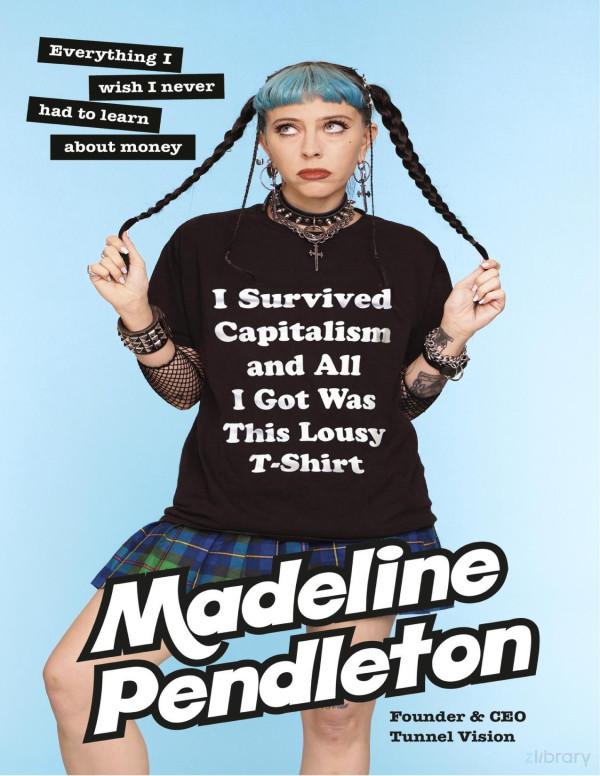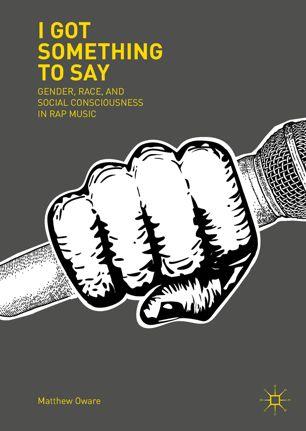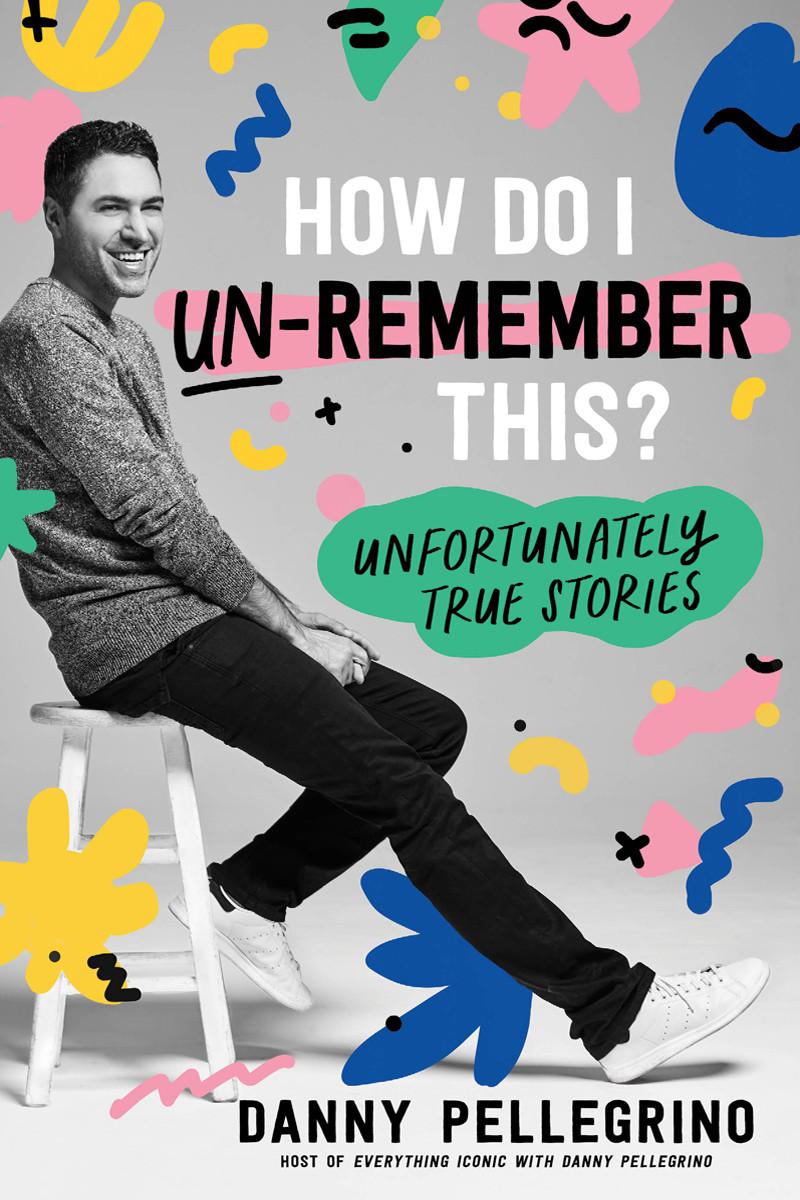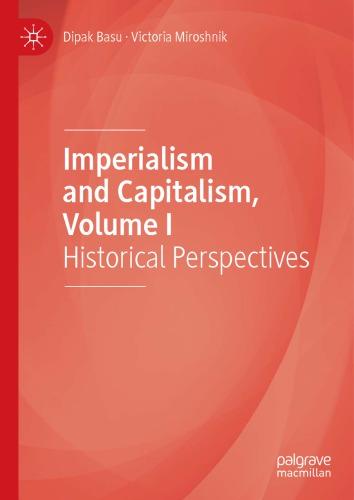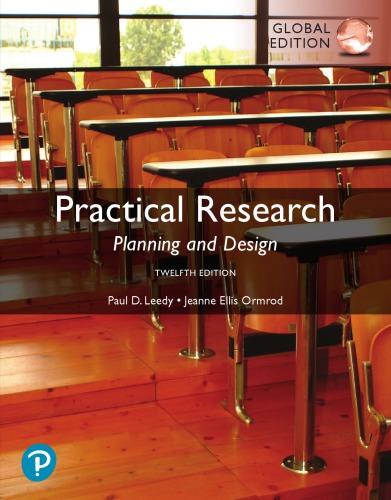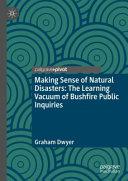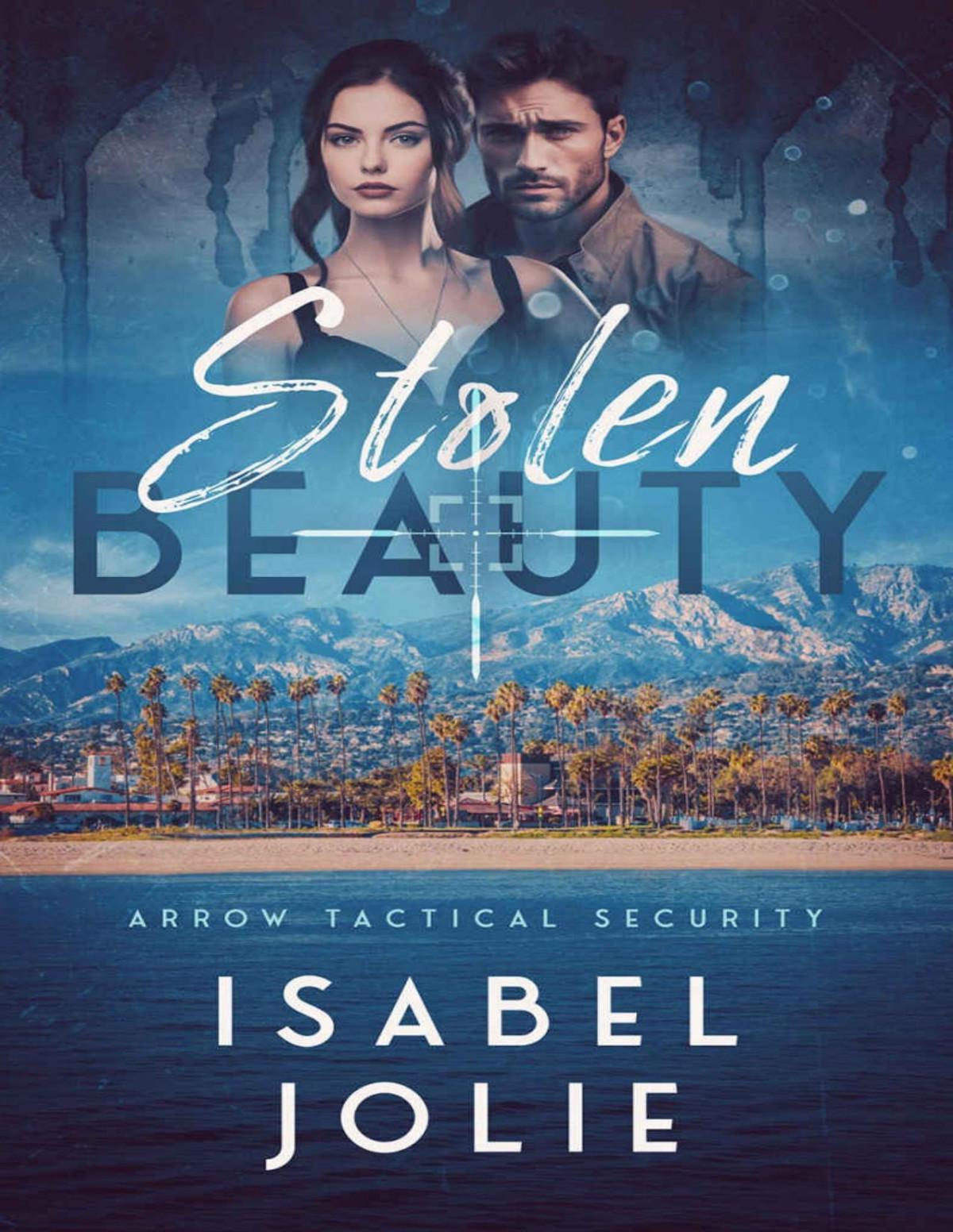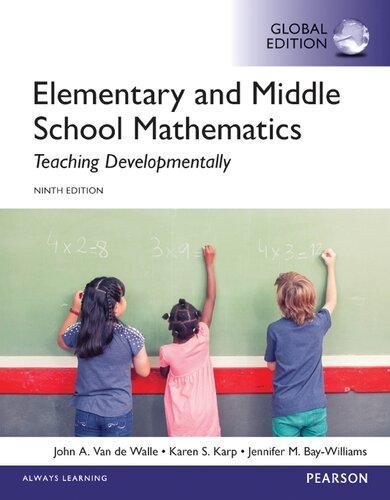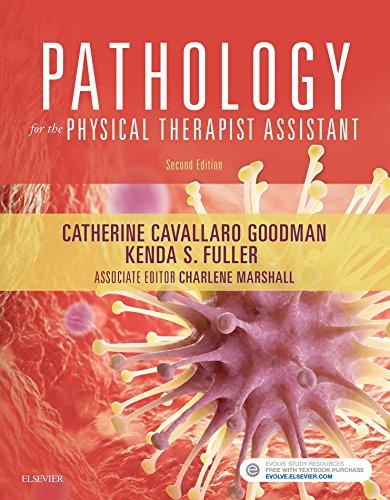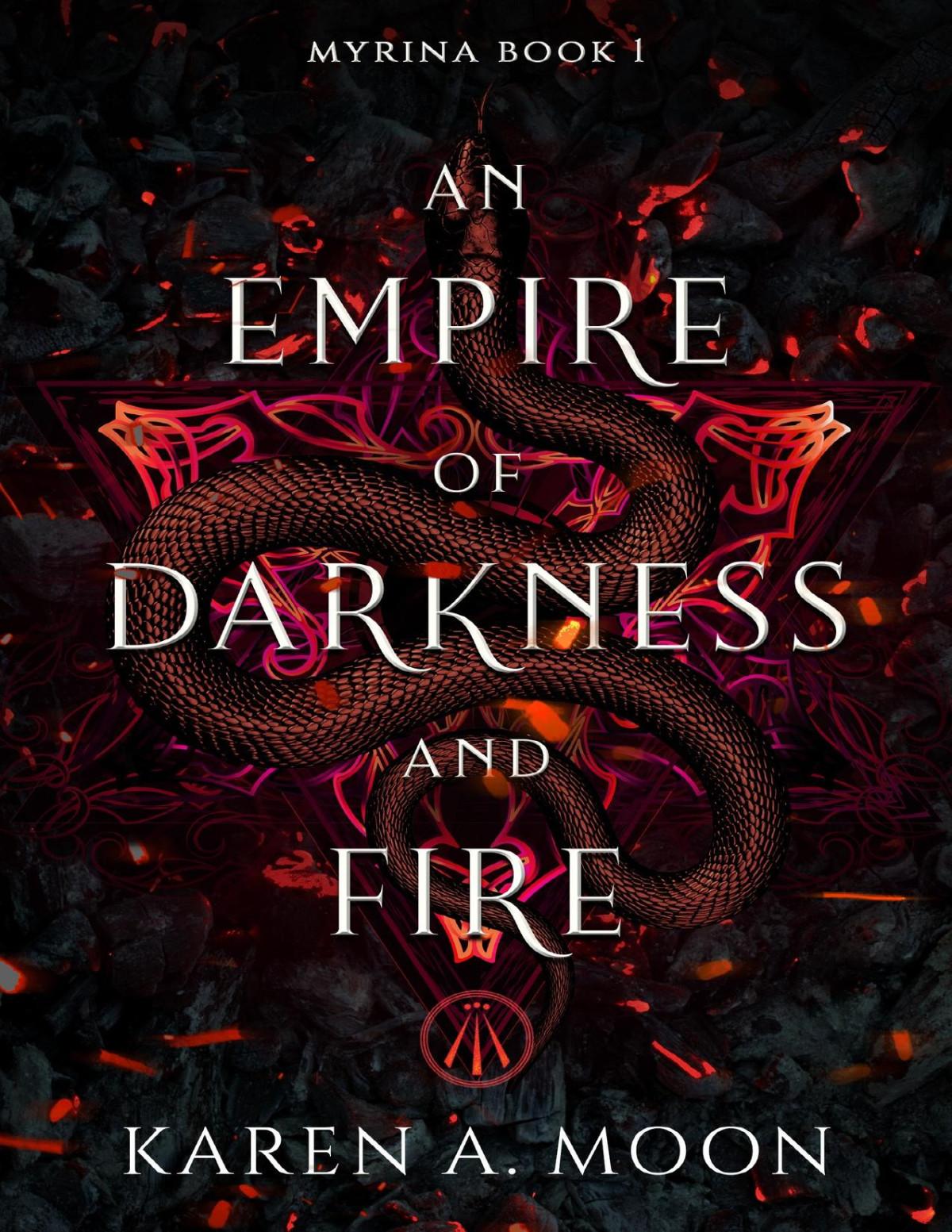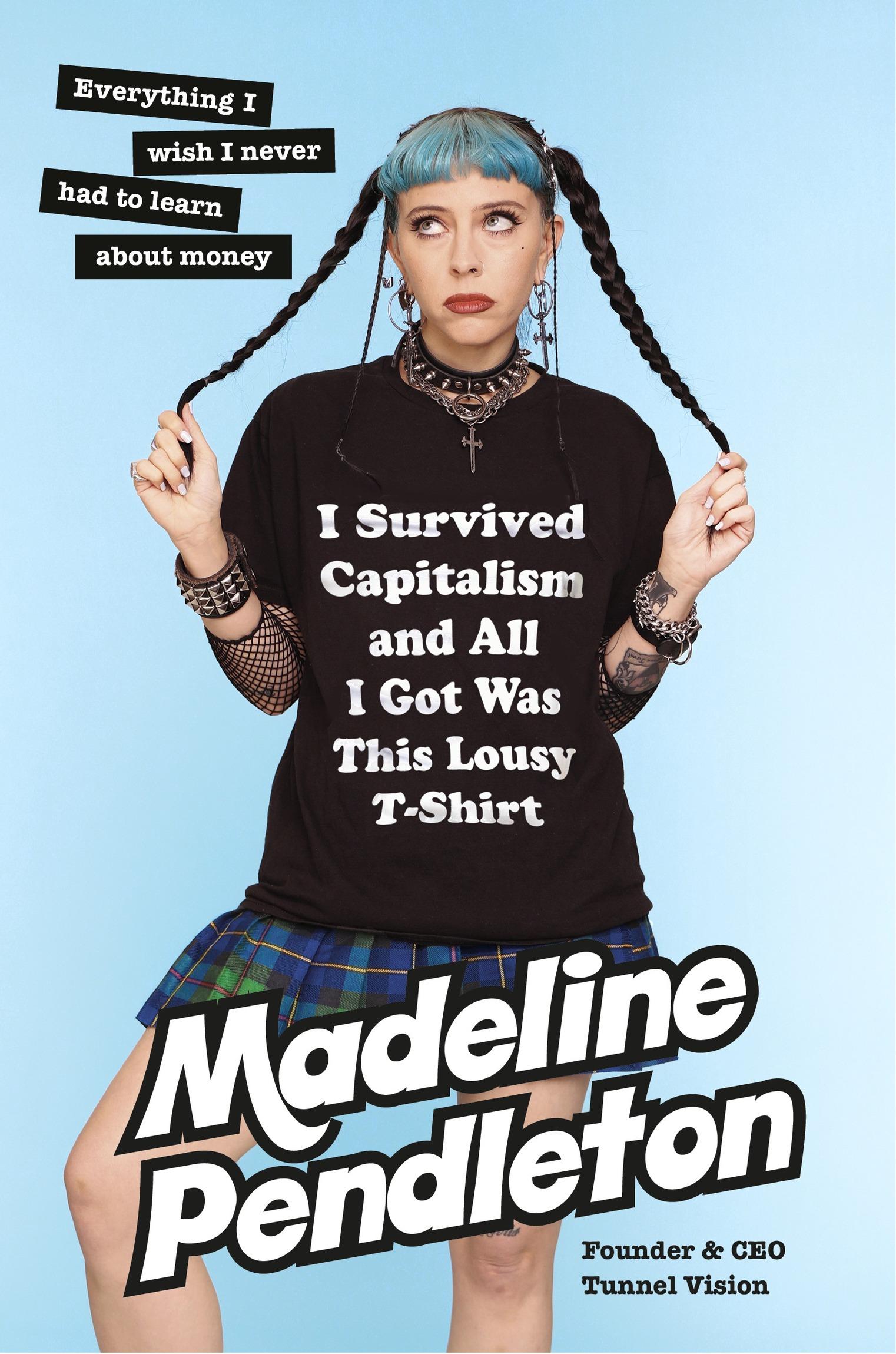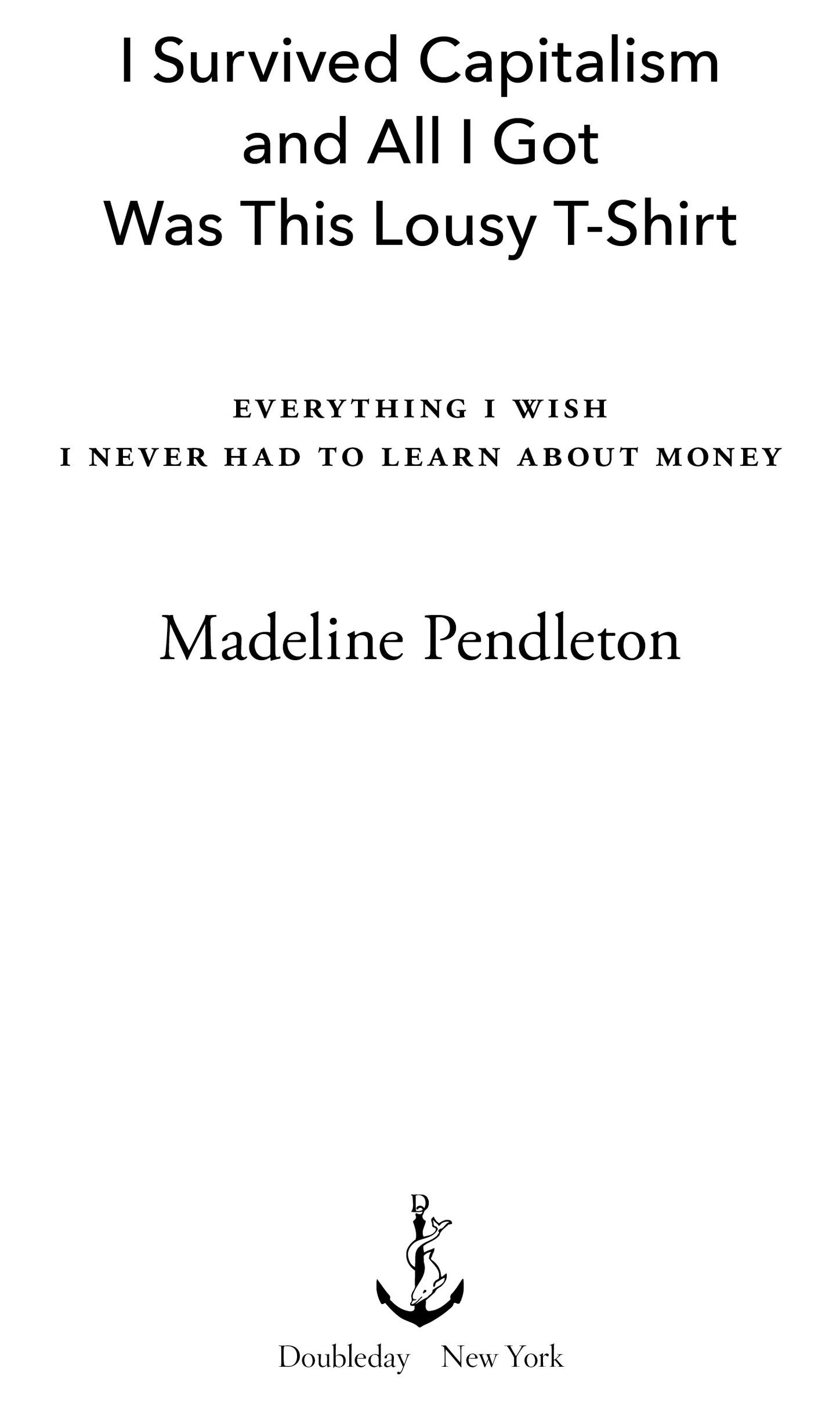https://ebookmass.com/product/i-survived-capitalism-and-all-
Instant digital products (PDF, ePub, MOBI) ready for you
Download now and discover formats that fit your needs...
I Got Something to Say 1st ed. Edition Matthew Oware
https://ebookmass.com/product/i-got-something-to-say-1st-ed-editionmatthew-oware/
ebookmass.com
How Do I Un-Remember This? Danny Pellegrino
https://ebookmass.com/product/how-do-i-un-remember-this-dannypellegrino-2/
ebookmass.com
Imperialism And Capitalism, Volume I: Historical Perspectives 1st Edition Edition Dipak Basu
https://ebookmass.com/product/imperialism-and-capitalism-volume-ihistorical-perspectives-1st-edition-edition-dipak-basu/
ebookmass.com
Quem pensa enriquece: Edição oficial e original de 1937 Napoleon Hill
https://ebookmass.com/product/quem-pensa-enriquece-edicao-oficial-eoriginal-de-1937-napoleon-hill/
ebookmass.com
Practical Research: Planning And Design, 12th Global
Edition Paul D. Leedy
https://ebookmass.com/product/practical-research-planning-anddesign-12th-global-edition-paul-d-leedy/
ebookmass.com
Making Sense of Natural Disasters: The Learning Vacuum of Bushfire Public Inquiries Graham Dwyer
https://ebookmass.com/product/making-sense-of-natural-disasters-thelearning-vacuum-of-bushfire-public-inquiries-graham-dwyer/
ebookmass.com
Stolen Beauty (The Arrow Tactical Series Book 4) Isabel Jolie
https://ebookmass.com/product/stolen-beauty-the-arrow-tactical-seriesbook-4-isabel-jolie/
ebookmass.com
Elementary and Middle School Mathematics: Teaching Developmentally 9th Edition eBook
https://ebookmass.com/product/elementary-and-middle-schoolmathematics-teaching-developmentally-9th-edition-ebook/
ebookmass.com
Pathology for the Physical Therapist Assistant E Book 2nd Edition, (Ebook PDF)
https://ebookmass.com/product/pathology-for-the-physical-therapistassistant-e-book-2nd-edition-ebook-pdf/
ebookmass.com
An Empire of Darkness and Fire: Book 1 of the page turning dark Romantasy trilogy MYRINA Karen A. Moon
https://ebookmass.com/product/an-empire-of-darkness-and-firebook-1-of-the-page-turning-dark-romantasy-trilogy-myrina-karen-a-moon/
ebookmass.com
Copyright © 2024 by Madeline Pendleton Hansen
All rights reserved. Published in the United States by Doubleday, a division of Penguin Random House LLC, New York, and distributed in Canada by Penguin Random House Canada Limited, Toronto.
www doubleday com
��������� and the portrayal of an anchor with a dolphin are registered trademarks of Penguin Random House LLC.
Cover photograph by Lizzie Klein
Cover design by Madeline Pendleton and John Fontana
Library of Congress Cataloging-in-Publication Data
Names: Pendleton, Madeline, author.
Title: I survived capitalism and all I got was this lousy t-shirt : everything I wish I never had to learn about money / Madeline Pendleton.
Description: First edition. | New York : Doubleday, 2024. | Includes bibliographical references.
Identifiers: LCCN 2023025110 (print) | LCCN 2023025111 (ebook) | ISBN 9780385549783 (hardcover) | ISBN 9780385549790 (ebook)
Subjects: LCSH: Pendleton, Madeline, author | Internet personalities United States Biography | Businesspeople United States Biography | TikTok (Electronic resource)
Classification: LCC PN1992 9236 P46 A3 2024 (print) | LCC PN1992 9236 P46 (ebook) | DDC 302 23/1092 [B] dc23
LC record available at https://lccn loc gov/2023025110
LC ebook record available at https://lccn loc gov/2023025111
Ebook ISBN 9780385549790
ep prh 6.2 145872548 c0 r0
This book is dedicated to the Tunnel Vision team.
Camila, Kenna, Kelsey, Story, Sarah, Lizzie, Fern, Babylungs, Marcella, Aya, Ria, and Leeanna teamwork makes the dream work. Or whatever.
Capitalism: an economic system based on private ownership of property and business, with the goal of making the greatest possible profits for the owners
��������� ����������
It is not from the benevolence of the butcher, the brewer, or the baker that we expect our dinner, but from their regard to their own interest.
���� �����
Contents
Preface
������������
CHAPTER 1 No Place like Home
���������� �������� �����: How to Build Credit
CHAPTER 2 Working for the Weekend
���������� �������� �����: How to Rent an Apartment or House
CHAPTER 3 Making It Out
���������� �������� �����: How to Get a Job
CHAPTER 4 Student Loan Debt, Here I Come!
���������� �������� �����: Navigating College
CHAPTER 5 When You’re Here, You’re Family!
���������� �������� �����: Figuring Out How Hard to Work
CHAPTER 6 Funemployment
���������� �������� �����: Making It Out of a Recession Alive
CHAPTER 7 We’re “Comfortable”
���������� �������� �����: How to Negotiate Higher Pay
CHAPTER 8 Rags to Rags
���������� �������� �����: How to Buy a Car
CHAPTER 9 Capitalism Killed My Boyfriend
���������� �������� �����: How to Manage Financial Stress
CHAPTER 10 From Each According to Their Ability, to Each According to Their Need
���������� �������� �����: How to Feel Happy When Everything Around You Feels Sad
CHAPTER 11 If You’ve Ever Read Rich Dad Poor Dad, You May Be Entitled to Financial Compensation ���������� �������� �����: How to Budget
CHAPTER 12 It’s Worse Than You Thought ���������� �������� �����: How to Get Out of Debt
CHAPTER 13 Home Is Where the Heart Is You Can Afford the Monthly Payments ���������� �������� �����: How to Buy a House
CHAPTER 14 Whoa, What Happened?
���������� �������� �����: How to Run an Equitable Business
CHAPTER 15 And the Money Will Roll Right In ���������� �������� �����: How to Build a Better World
Epilogue: My Life Online Acknowledgments
Notes
Preface
Summer in Los Angeles is idyllic, with bright blue skies that seem almost painted on, like the city built a movie set just for you to live out your best California dreams, act by act. I woke up to the warmth of the Southern California sun on my face. The room was quiet around me; I kept my eyes closed, hoping to stave off the day for a few minutes more. Beside me, MoDog rustled.
“That’s weird,” I thought to myself, and opened my eyes. The bedroom came into focus around me, with the floor-to-ceiling windows that opened up to the backyard where a waterfall gently trickled from the hot tub to the swimming pool and koi swam about in a pond, creating the faint sound of running water in the distance. Mo-Dog shook the blankets off her and walked up to me on the bed, wagging her tail and licking my face. I laughed and pushed myself upright. Time to get up, I guess.
“What are you doing here?” I asked her. She was rolling around on her back now, the comforter all scrunched up around her; she had one foot in her mouth. She was an unusual sight in the house that early in the day. Most mornings, she woke up with Drew—early with the sunrise. He’d walk around the house, talking gently to Mo-Dog in an upbeat chirping voice while he went through his morning routine. She’d bounce beside him, the tags of her collar jingling softly, while he made me coffee in the kitchen. Then, he’d leave a coffee by my bedside, kiss me on the forehead, and take Mo-Dog out for a morning hike in the canyon by our house. This morning, though, there was no coffee to be found and Mo-Dog was still there, looking anxiously at me like she was waiting for something to happen.
“I’m not taking you on a hike,” I whispered to her. “You know I’m not much of an outdoors person!” She stared up at me, her big black eyes wet with anticipation, her tail wagging behind her.
“I will not be pressured!” I said to her playfully.
I walked to the kitchen to make myself coffee, Mo-Dog bouncing along beside me. Most days, I sipped my coffee in the kitchen and waited until Drew and Mo-Dog came back from their morning hike. He’d open the front door and she’d run in, full force, straight up to me to lick my leg and spin around in circles, a ball of excitement and frenetic energy. He was always a few steps behind her, already taking off his sweaty T-shirt, ready to kiss me good morning and ask me how I slept. We took our morning shower together, every single day, a ritual. He washed my hair and we talked about the upcoming day, laughing at inside jokes and already planning dinner. Sometimes, after he got out of the shower, he wrote notes for me on the bathroom mirror, things like “I love you” with big hearts drawn everywhere. I wondered if he’d left me a note there this morning. I walked back into our bedroom, past the closet he’d built for me and into the bathroom, with its huge walk-in shower and wall full of mirrors, but there was nothing. “Hm,” I thought to myself. Strange.
Back in our bedroom, the old smelly boots and ripped-up jeans he wore every day were thrown onto a chair near my side of the bed. I picked up his jeans and folded them, keeping the belt on like he always did. They smelled like him, a mixture of tangerines and incense and our soap, and I smiled.
An hour or so passed with no sign of Drew. I wondered if maybe there’d been an emergency at work. He’d been running into some issues at the business, money issues mostly, and was in the process of completing a Chapter 11 bankruptcy, selling the business to a friend. There were papers to submit and forms to file and reports being constantly run. I ran out front to check the driveway to see if maybe he’d gone to a meeting I’d forgotten about. But his big blue pickup truck was still there, parked in the driveway where we’d left it when we came home the night before from my birthday dinner. I texted his friend Paul.
“Have you seen Drew?” I asked.
Almost instantly, Paul replied, “I’m coming over.”
I furrowed my brow. Coming over? What did that mean?
I looked at Mo-Dog, who was starting to seem a little thrown off by our lack of morning routine as well. What if something had happened to him, I thought, on his morning run. What if there was an accident and he was hurt? I clipped Mo-Dog’s leash to her collar and we left the house, walking to the end of the corner and turning right, heading past the heavy traffic of Mulholland and down into Fryman Canyon. There, a police car was parked, with the entrance to the hiking trail blocked off with yellow tape. A police officer stood guard at the top of the canyon. I walked up to him, Mo-Dog in tow.
“Excuse me,” I said. “Has a hiker been injured? My boyfriend hasn’t come home and I’m just wondering if maybe he’s stuck at the bottom of the canyon?”
“There’s been an injury,” the police officer said curtly.
I felt a wave of relief wash over me. It must be him, I thought. Maybe he sprained an ankle. The canyon was steep and full of uneven terrain at the bottom. It would be easy to do, and hard to climb back up it without a working foot. Every time I tried running with him down there, I fell on a rock or tree root there at the bottom.
“Can you tell me if it’s my boyfriend?” I asked. “He doesn’t bring his phone when he goes out for a run. I could describe him maybe to you?”
The police officer shook his head. “I’m afraid I can’t identify anyone, not properly—but if you show me a picture, I can let you know if it resembles the injured hiker or not.” “Yes,” I said. “Perfect. One second.” I pulled out my phone and opened my photos. The most recent photo in the camera roll was us together the day before, making a funny face into the camera. We sent it to my friend. I decided it looked too strange to show the officer, so I swiped backwards a few, finding a photo I’d taken of Drew just a couple of days before, in front of a piece of graffiti that read “It’s a long way to the top if you want to rock and roll.” His long hair was hanging in his face and you could see his tattoos
in it, covering both arms. I spun my phone around and showed the police officer.
“Here,” I said. “This is him.”
The officer squinted for a second before nodding. It was a match.
“Great,” I said. “Okay, perfect. I live just around the corner. Can I wait there until he’s brought back up? Will you come let me know?”
The officer nodded again, grimly, and I gave him our address.
“Thank you!” I beamed, before turning around and walking Mo-Dog back to our house.
Back at the house, Paul was just arriving, with a woman I’d never met before. She seemed like a new girlfriend. They were somber and quiet.
“It’s okay,” I told Paul, smiling. “He was injured, I think, on his morning run. I’m sure it’s just a sprained ankle or something. The hill is just so steep, you know?”
Paul winced, then tightened his lips. “We’ll wait anyway,” he said, “just to be sure.”
We sat together in the living room. I tried my best to make small talk with Paul’s new girlfriend, but she seemed strained in a way I couldn’t quite make sense of. I drank coffee and made jokes, but her face contorted into a strange grimace each time. A few minutes later, there was a knock at the door. Paul jumped up to get it, and when he opened it, the police officer from the canyon was there. They spoke quietly, in hushed tones to each other. I craned my neck to see past Paul at the door, watching the police officer speak.
“He was having money trouble,” I overheard Paul say, and the police officer nodded. A few seconds later, he closed the door.
Paul turned to face me. “Madeline,” he said, softly but with resolve, “Drew is dead.”
I felt the breath leave my body, my chest tightening as I exhaled, and I fell to the floor.
“You need to hear this,” he told me, as I clutched the cool tile floor trying to find my breath. “He killed himself this morning. A hiker found his body on the trail and called the police.”
In the canyon near our house, the same canyon where Drew played me songs on his guitar and we went on long evening walks and made plans for our future, Drew overwhelmed with financial stress and unsure of a way out—shot himself in the heart. Everyone saw it coming but me. That day, I learned a horrible lesson: capitalism is a matter of life and death. The stakes are high, and if you lose, it might come for you in ways you’d never expect.
INTRODUCTION
At the age of twenty-eight, I was earning $19,000 per year in Los Angeles and barely scraping by. I had $65,000 in debt student loans, maxed-out credit cards from emergencies like my 1997 Saturn breaking down all the time, and a car payment for a newer 2001 Volvo that I financed when I finally realized the Saturn might never stop breaking down. The Volvo was supposed to be a more reliable car. Spoiler alert: it wasn’t. Interestingly enough, though, it did have a spoiler on it—right there on the back above the windshield which should have been my first sign that it was not a good year, make, or model for Volvo.
The year was 2014. Median rent for a studio apartment in Los Angeles was $896 per month, or well over half of my income before taxes. The United States Housing and Urban Development Department says paying anything over 30 percent of your income towards housing makes you costburdened, and anything over 50 percent makes you severely cost-burdened. I was in the severe range. I woke up in the middle of the night, nearly every night, gasping for breath and shaking. In my nightmares, I saw credit card bills and eviction notices. The anxiety seemed to flow through my veins, itching and scratching just under the surface of my skin. Sometimes I’d hyperventilate. Other times I’d cry. Often I’d do both.
Money is both a practical and deeply emotional thing. On the one hand, it’s a math problem. You add up your expenses and subtract them from your monthly income. It’s cold and calculated and precise. On the other hand, if the numbers don’t add up quite the way you’d like, it feels less like a math problem and more like a you problem. We carry with us the fear of not making ends meet, the shame of not earning more money, and the guilt over how we’re spending the money we have. We carry generational
trauma from the financial mistakes of our families before us, and we project our own financial mistakes out into the world around us, influencing the lives of everyone with whom we come into close contact. Financial issues are the fifth leading cause of divorce in the United States, as well as a leading predictor in instances of depression. In 2021, 73 percent of Americans ranked financial issues as their number one cause of stress above politics, work, or family and these numbers are highest in Generation Z and Millennials, with over 80 percent of people born after 1980 reporting that they find their finances to be a source of stress.
I never wanted to write a book about money. I wanted to read a book about money, a book that acknowledged the financial reality that our generations were born into. What I found instead were books written by men much older than me about how to survive in a world that didn’t seem to exist anymore. Adages that might have sounded sagacious and wise in the past like only spending 25 percent of your monthly income on housing seemed ludicrous and out of touch by the time I became an adult. In 2022, the U.S. minimum wage is still stuck at $7.25 per hour or $15,080 per year, meaning you would have to pay just $314 per month to fall under that 25 percent rent threshold. Median rent in the United States is currently $1,253 per month, or roughly four times that. It’s been the longest stretch in history where we haven’t seen an increase in the federal minimum wage, meaning the real value of a minimum-wage worker’s paycheck is worth 17 percent less than when it was implemented ten years ago. If we look back at the minimum wage prior to that, the data is even more sobering. The minimum wage today is worth 31 percent less than it was in 1968. By contrast, housing prices have more than doubled when adjusted for inflation.
Millennials and Generation Z are currently contending with an unprecedented financial reality in the United States. Housing is more expensive compared to wages than ever before in U.S. history. CEO compensation has grown 1,322 percent since 1978, compared to just 18 percent for the average worker creating the largest income gap between the rich and poor since 1928, before the Great Depression began. College has increased nearly 169 percent in cost since 1980, nearly 10 times the
increase in typical workers’ wages during that same period, making a college degree more expensive now than ever before. The number of Americans who have medical debt is up to an all-time high of 50 percent as of 2020. In short, life is getting more expensive by the day, but pay for most people in the United States isn’t rising to meet those increasing costs. The financial worries of Millennials and Generation Z are not the same as the worries of our parents. We’re facing increasing pressure to do more with less, and the old guidebooks written by generations who came before us are not helping.
This book is the story of how I learned to navigate finances in this unprecedented time and went from sleepless nights gasping for air to owning my own home, running a multimillion-dollar business, and sharing the profit and wages from that business equally among myself and every employee to ensure a better quality of life not just for me but for everyone there. It’s the story of my own struggles to understand class, money, financial literacy, business ownership, and monetary planning, all while acknowledging this system is so deeply flawed that it makes survival seem nearly impossible. This is a book about my life, but it’s also a book about so many people in my age range who have also lived a life marked by debt, low incomes, high costs, class identity struggles, and a hopelessness about their own financial future. This is the story of how I came to understand the rules of money, a game we are all forced to play, and how I learned to bend those rules just enough to create a life where the people around me are happy, safe, and secure. This is a story about capitalism, and how if we’re lucky —we might survive long enough to see a better system, a brighter future, take its place.
No Place like Home
“Hey, this song is about us!” my cousin yelled, turning up the stereo in the dining room at my mother’s house.
It was 1998, and the New Radicals’ song “You Get What You Give” was everywhere on the airwaves. My cousin, three years older than me, was dancing around the dining room singing along with the words. My aunt, who was living with my mother at the time, walked into the room. She had dyed black hair and wore jangling jewelry, a gothic vision floating by the dining room table.
“Is this song about us?” my aunt asked, speaking over the music.
“Yeah!” my cousin yelled. “That part about being flat broke but doing it in style? That’s totally us!”
I looked around my mother’s house, a little old house built nearly a hundred years prior, filled with thrift store knickknacks spray-painted gold and black. Were we broke? I couldn’t tell. I’d never met anyone with money before.
My mother’s house was in a neighborhood called the Tower District in the city of Fresno. Fresno is a sprawling city of over half a million people, situated in the middle of two long, straight, boring highways that cut up through the middle of California the I-5 and the CA-99. The highways run up the outskirts of town, meaning you could drive by Fresno every single day
and have no clue that it was anything other than a few orchards and cow pastures. I’d say Fresno is a hidden gem, but I’m not sure how many people would consider it a gem at all. Nearly a quarter of the people there live in poverty, which makes it one of the poorest cities in the country last time I checked. The concentrated poverty level is so high that Fresno is widely considered the poorest city in California. The thing about growing up in a poor place, though, is that you don’t really notice it like you might somewhere else. It just feels normal. A friend told me once that Fresno can best be described as having a “lifeboat mentality”: the ship had sunk a long time ago, and we were all crammed into a tiny little lifeboat just doing our best to stay afloat. It wasn’t great, but at least we were all in it together.
The year I was born, 1986, Ronald Reagan was in the middle of his second presidential term. I grew up with Fresno experiencing the real-time effects of “trickle-down economics”—Reagan’s idea that cutting social programs while decreasing taxes for the wealthy would somehow help the poor all around me. It wasn’t always so bad in Fresno. In 1958, Visa launched the first trial run of credit cards there. It seemed like an allAmerican town back then, with a thriving middle class and all. For decades, in the middle of the century, so many people were moving into Fresno that the city had to subsidize building projects to keep up with the housing demand. In 1980, most neighborhoods in central Fresno were experiencing a poverty rate of under 20 percent. By the year 2000, when I was a teenager, that figure had roughly doubled, with aggressive increases in concentrated poverty rates hitting hardest throughout the late 1980s and early 1990s following Reagan’s economic policies. Crime rates skyrocketed, too. Today, Fresno has a crime index of 9, meaning it’s safer than just 9 percent of other U.S. cities. In a few short decades, Fresno had gone from being an All-America City to something of a laughingstock nationwide.
Now, when you tell someone you grew up there, there’s a good chance they’ll respond by saying “I’m sorry.” It’s a weird feeling, because on the one hand you’re like “Yeah, for sure it’s a crime-riddled shithole with twice as many McDonald’s as there are public parks.” On the other hand, Fresno is your crime-riddled McDonald’s-filled shithole and who does this asshole
think they are to judge it? Growing up, I felt safe with the neon lights of the fast-food chains all around me. They felt as much like home to me as anywhere else in Fresno did.
When I was in the sixth grade, a new girl moved to town from Philadelphia and we became friends. I went to her house sometimes after school or for weekend sleepovers, and the only food she ever had in her refrigerator were frozen McDonald’s burgers. She and her sister heated them up in the microwave and ate them for every meal, even breakfast. Their dogs ate them, too, sometimes, instead of dog food. Back in the 1990s, McDonald’s ran promotions where on Mondays and Wednesdays, hamburgers were just 29 cents and cheeseburgers just 39 cents. Her dad, a single father who worked in construction, piled the kids and dogs into his pickup truck every Monday and Wednesday to go through the drive-thru. I went with them once and watched as he ordered dozens of discounted burgers at a time, then pulled back in through the drive-thru to do it all over again. We went in a loop like that through the parking lot and into the drive-thru line three or four times. There was a limit per car, he told me, but they usually wouldn’t remember your car until the fourth or fifth round through. If you played your cards right, you could get close to a hundred burgers for around $30, which meant the family of three could eat for $1.80 per day if the kids got free lunch at school. In a world that seemed to desperately try to forget that places like Fresno full of poor people just doing their best to survive existed, companies like McDonald’s seemed to be looking out for us. Sure, they paid their employees minimum wage and contributed to keeping the masses in poverty, but at least they gave us 29cent hamburgers four times a month to make up for it.
To understand poverty in Fresno, you have to start with a street called Shaw Avenue. Shaw runs east-west through town, bisecting the city: there’s the half that’s north of Shaw, and the half that’s south of Shaw, where I grew up. Shaw Avenue is what a 1970s city planning document referred to as Fresno’s “Mason-Dixon Line,” the line that divides the whiter, more affluent parts of town from the poorer communities of color. In a country like the United States, which is built on a history of racism, it’s not
surprising that segregation persists. However, it is a bit surprising that it persists to the extent it does in Fresno, considering it’s what’s called a “majority-minority” city. If you travel north of Shaw, you can find enclaves of these few wealthy white residents, whose average life expectancy is a staggering ninety years, which is a full two decades longer than the life expectancy for residents who live on the south side of town.
I imagine most cities have a street like Shaw, which sequesters the wealthy away from the harsh realities of the poor. In my town, we even had rock bands named after this effect one was called South of Shaw, in honor of the side of town I called home. In Fresno, Shaw Avenue’s division was so extreme that in 1973, the United States Department of Health, Education, and Welfare found that segregation in Fresno schools violated the Civil Rights Act. To this day, schools north of Shaw feature higher concentrations of white students compared to schools located south of Shaw, and those schools north of Shaw are also widely considered to be “better” schools.
By the 1990s, poverty in Fresno was soaring south of Shaw and the city earned a reputation for hard-drug addiction. We were dubbed the “meth capital of America” one year due to the inordinately high incidence of methamphetamine abuse in the region, and instead of feeling shame, the general consensus among Fresnans was that it felt good to at least be known for something. In 2009, a famous British reporter came to Fresno and filmed a whole documentary about methamphetamine use in the county. He squatted in deteriorating buildings in neighborhoods south of Shaw like the Tower District, where my mom’s house was. He stopped people on the street and made them show their rotting teeth to the camera. He made the city look more squalid and seedier than any of my memories had. Still, I sometimes show the documentary to people, pointing eagerly at the street signs in the background with a “Look, Ma, I’m on TV!” energy.
“I used to walk to that gas station all the time,” I say, pointing at the screen. “It was in a documentary! In England!”
In 2019, that same gas station I pointed at in the background of the British documentary went viral on the internet. An employee made videos of the gas station regulars, people who just seemed normal to me. When I
read the comments, though, I finally saw my hometown the way other people saw it: a sad place where poor people struggled to get by. Viewers donated money to help buy people in my old neighborhood lottery tickets and potato chips, and even RVs so they wouldn’t have to sleep on the street anymore. I sometimes held up my phone to show the videos to my friends from Los Angeles or New York or San Francisco.
“Look!” I’d say. “This is the gas station on the street where I grew up!”
They’d watch for a few seconds then look at me, their faces scrunched up into a pitiful grimace, as if to say “Oh, honey, I had no idea.”
One year, when I was a kid, there was a nationwide commercial about the future of electric cars. At the end of the commercial, the crisp condescending voice of the narrator said something about a bright shining future where you’d never have to stop for gas in Fresno. The local news station ran a report about the commercial. They interviewed people on the street to see how they felt about the ad. The Fresnans on the TV screen all had that knowing look.
“Well, yeah, Fresno’s not the greatest place,” they conceded, “but did they have to be so mean about it?”
If capitalism is a joke, maybe Fresno is the punch line. For decades, I couldn’t tell why. It just felt like home to me.
My friends from other places—Los Angeles or New York or San Francisco often tell me that I think more about money than any other person they’ve ever met, which is interesting when you consider that I don’t have much of it. It is true, though, that my preoccupation with money guides nearly everything I do in life, including social interactions. As I get older, I find this happens a lot with people who grew up in Fresno. One day, when I was in my mid-twenties, an old friend of mine from Fresno called me. We both were living in Los Angeles, forced to move there after the Great Recession to look for work. She was living down the street from me in a small apartment in Koreatown.
“I don’t think I can talk to people who aren’t from Fresno,” she told me over the phone. “I don’t think I’ll ever understand them, or they’ll ever understand me. Do you ever feel that way?”
I thought about the time I had a boyfriend with wealthy parents from Portland, Oregon, who owned a three-story home, or the time I made friends with a girl from New England whose family paid her rent.
“I do,” I told my friend.
“I met a girl the other day,” she said. “She had Louis Vuitton luggage. And that part, that part wasn’t surprising. I know rich people exist, right? But the thing that blew my mind is that she said her family was middle class. Do middle-class people just buy Louis Vuitton luggage? I thought I was middle class. I can’t afford any luggage, let alone Louis Vuitton luggage.”
I knew what she meant. Growing up in Fresno, surrounded by people who were mostly the same as me, I assumed we were all middle class, too. The kids north of Shaw, they were rich. The rest of us, we had a roof over our head most of the time, even if sometimes we had to live with family members to make it happen, so we must have been middle class. Now, in retrospect, I can see it for what it was. Those kids, the ones who lived north of Shaw, they were middle class. The rest of us, we were just poor. The poverty was all around us, though, so we couldn’t see it. It just felt normal. Even now, I think if I told my mother that I grew up poor, she would shake her head and laugh.
“Oh, Maddie,” she’d say. “Stop being so dramatic.”
There’s a joke I think about a lot. It’s a Chris Rock joke, and he says, “If poor people knew how rich rich people are, there would be riots in the streets.” I think that speaks to our understanding of wealth and money: we don’t know what we don’t know. How rich are rich people, really? What is a billion dollars? It might as well be the same as a million dollars. I couldn’t imagine either of them. It’s the same muddied, strange worldview that sometimes stops us from acknowledging that we ourselves are poor. We mythologize the idea of poverty, and it’s easy to do because there is always someone who has less than us. As long as there is someone with less, we
imagine ourselves in the middle, doing just fine. “The Poor” in our cultural mythos are Dickensian paupers, wretches of the earth, one morsel of food away from complete starvation it’s the most extreme image we can conjure of a person in destitution, who certainly might exist, but who doesn’t reflect the way poverty tends to look in contemporary American society.
It’s hard to imagine that we ourselves might be the poor people from working-class backgrounds who are just one paycheck away from complete financial ruin. If we’re unhoused, we’re unhoused in a different way than the people who are actually homeless. If we’re hungry, we’re hungry in a different way than people who are actually starving. If we’re broke, we’re broke in a different way than people who are actually poor. I run into this issue, too, assessing my own life. Was I really homeless those nights I had nowhere to sleep? Was I really starving that day all I could find to eat in my cupboard was expired popcorn and leftover cake frosting? Was I really poor that day my bank account was overdrawn and I had to slip in the back door of the bus because I couldn’t afford bus fare to get to work? It seems like the words are too big to apply to my life, as though poverty were a limited classification and using it to label my life might mean I was taking it away from someone who deserved it more.
What I do know is that my childhood, my upbringing, influenced my relationship with money from an early age. Now, when I talk to other people, I find myself wanting desperately to know about their parents and their upbringing, too. It’s a way to gauge if we can relate to each other, if we come from the same kind of place. I stare at people’s shoes in public and ask what kind of car they drive. I ask about their parents, if they still work, or if they’ve ever been on EBT (food stamps, it’s sometimes called). The questions might be about parents and families and houses and money, but really they are all different ways of trying to figure out the same thing. In a world where people born into fortunes of over $100 million still get branded as “self-made” in the media, or business moguls start out with a “small loan” of $1 million from their parents and tell us to pull ourselves up by our bootstraps, asking questions about someone’s parents is really a way to ask
one question: “Can I trust you?” Can I trust you to know where I come from? Can I trust you to give me realistic advice? Can I trust you to guide me from the point I’m starting at now? Can I trust that you’ve been here before too?
When I think about my childhood, it’s divided in half, one event cutting it right down the middle, much like Shaw Avenue cuts through Fresno. One half, the first half, is the years I lived mostly with my father, up until the age of twelve. The second half wasn’t really a half at all more like a period of five years where I lived with my mother, from the ages of twelve to seventeen, after my father’s financial situation deteriorated so badly that he couldn’t afford to take care of me anymore. To understand me, to understand my relationship with money, you have to start with my dad.
�����
My dad is a big guy, maybe six foot three, covered in tattoos from knuckles to neck. The knuckle tattoos read ���� ���� ���� ����, the ���� ���� letters right below the ���� ���� letters, separated on the finger by a single knuckle. The joke is it’s the last thing you see before he punches your lights out for getting too rowdy at the bar. He worked as a bouncer sometimes.
My dad had always been wild, reckless, and fun. He tells me he graduated high school, but just barely. He was a scrappy punk kid in the ’80s with a gap in his front teeth. I inherited the gap. When I try to stick my tongue through my two front teeth, it’s an homage to him. When he was in high school, my grandma used to cut his mohawks herself in their front yard. She had a photo of him his senior year skateboarding down an unfinished on-ramp for the freeway that went through town. That same freeway would later expand, tearing down the house my grandparents lived in for years. My dad looks happy in the photo on that freeway, like he knows he’s breaking some sort of rule but doesn’t care. It was printed in the local newspaper. I’m not exactly sure why.
My dad is the kind of guy everyone in town knows. In the Tower District, we have a term for that: “Fresno Famous.” It’s the word we use for
local characters like Amy the Hearse Queen or Poetry Lady or Fat Jerry the Satanic Body Piercer. My dad is Fresno Famous, but it’s not exactly a paying gig. If you say his name in the Tower District, inevitably someone will say “Duane?! I love that guy! He owes me twenty dollars.” I think that says a lot about just how likeable he is. How can you still love a guy who owes you money? My dad might be the only person on the planet to have figured that one out.
For years, when it was just him and me, we lived off and on in a series of tiny little apartments across the street from an arcade. Sometimes, he took me to play Skee-Ball and Ms. Pac-Man and House of the Dead on oldschool arcade machines that broke all the time and ate your tickets. Inside the apartments, we had that gross brown carpet that everyone seemed to love in the late ’80s and early ’90s. It was stained and had cigarette burn holes in it here and there, but I always had my own bedroom with a handme-down waterbed and a place to store my dolls. It was a rowdy apartment building, where our neighbors threw parties most nights and it seemed like once a week we’d go outside only to find my dad’s pickup truck—an ’80s thing with red and purple and silver triangles painted all over it had been stolen. They always found it within a few days. The paint job was too unique to hide for long.
Sometimes, my dad took me to a weird old diner called the Silver Dollar Hofbrau, with giant burger plates on the cheap. He’d bet me $20 I couldn’t finish a whole plate by myself. I’d take the bet every time, but only actually won once. While we waited for our food to come out, he’d turn his hand into a little creature we called Thor. Thor stood on four legs, made from his thumb, index finger, ring finger, and pinky. His middle finger stuck out like a neck and a head for the creature. He’d use it to smell around the table—sniffing noises and all—and try to steal things for Thor to eat. If you weren’t careful, after your food came, Thor would steal all of your fries. As adults, both my dad and I were diagnosed with attention deficit/hyperactivity disorder, ADHD. If I think about it long enough, most stories from my childhood illuminate our shared inability to just sit the fuck still for a minute. If the food took too long to come out, my dad would start
mixing together all of the condiments at the table into a creamer pack to create disgusting concoctions. He’d mix the creamer with salt, pepper, ketchup, and relish, then stir it together with a toothpick, making “Mmmmmm” noises while I squealed. When it was all mixed together, he’d offer me money to drink it.
“Twenty-five cents?” he’d ask. “No? Okay, how about fifty? It’s so small! Okay, okay. A dollar!”
He always had at least a little cash on him, which probably had a lot to do with the aimless car rides we took around town stopping at “friends’ ” houses where he’d run inside for just a second! while I waited in the car and listened to music. I didn’t know what he did inside his friends’ houses, and it never occurred to me to ask. Years later, though, I’d ask my mother about it.
“I think maybe Dad was a drug dealer?” I said, searching through broken memories, trying to super-glue together a narrative of some kind.
“Who wasn’t a drug dealer?” she replied with a laugh. “I think we were all drug dealers back then.” The answer satisfied me. Who was I—Nancy Reagan? The War on Drugs was a war on the poor, on people of color, on anyone who didn’t fit in with the moral majority; the War on Drugs was a war on us.
I’d sit in the car while my dad ran into the strange houses, and I’d turn the radio up as loud as possible. It only took two or three songs before my dad came back out, and afterwards we’d go to Tower Records or Sam Goody and he’d let me buy some tapes or CDs. Once, he bought me a keyboard and a drum pad machine. Things like the keyboard and the drum machine came and went in my life. We moved a lot often abruptly for reasons I couldn’t understand at the time, and things would disappear in the transitions. Usually, we’d move in with my grandparents after leaving an apartment. We’d stay there a few months: my dad in the spare room, and me sleeping on the pull-out couch in the living room with my dad’s pit bull, Caesar, guarding me at the foot of the bed, growling at anyone who dared to get up in the middle of the night to use the bathroom or get a glass of water. Then, whenever luck struck, we’d be back out in our own place again,
usually a different apartment in that same complex across the street from the arcade, somehow always with the same stained brown carpet.
Eventually, my dad married a woman who was fixated on the idea of upward mobility, which to her meant a new tract home in a subdivision built on the ruins of old orchards on the outskirts of town. Fresno liked to sprawl, building out as far as possible, with housing developments that dotted the old countryside. The tract homes had five or so models. You could visit the model homes and pick the layout you liked, then choose the floors and countertops and cabinet colors all on your own, and they’d build it just how you wanted it to your liking. Every fifth house or so on the street had the same layout, but they’d flip them, mirror-image style, to try to make them look different. At day care, I told all of my friends that my parents were buying a house for $139,000 and I was moving to a brand-new school on the other side of town. It sounded very impressive. We were all used to living in tiny, cramped apartments or sharing houses with our grandparents multi-generational dwellings built more on survival than cultural tradition.
We lived at the new house for four years, until my dad lost his job and he and my stepmom got a divorce and eventually the house was foreclosed on by the bank. When my stepmother left, she took the furniture with her, and in the time between her leaving and me moving in with my mom, the only furniture my dad and I had in the house was the inflatable furniture from my bedroom—’90s things in purple filled with glitter. We sat on the inflatable furniture in the living room and played video games on my little TV, set right on the floor. One day, as we sat on my inflatable chairs playing Donkey Kong, I looked around at the house. It felt like I was really seeing it for the first time, that way sometimes you wake up to your everyday reality, like a stranger looking in on it, and it doesn’t seem so normal anymore. We were eating cereal every night for dinner. Sometimes, the power was shut off.
“I don’t think you can afford me anymore,” I told my dad. “Maybe I should go live with Mom for a while.”

